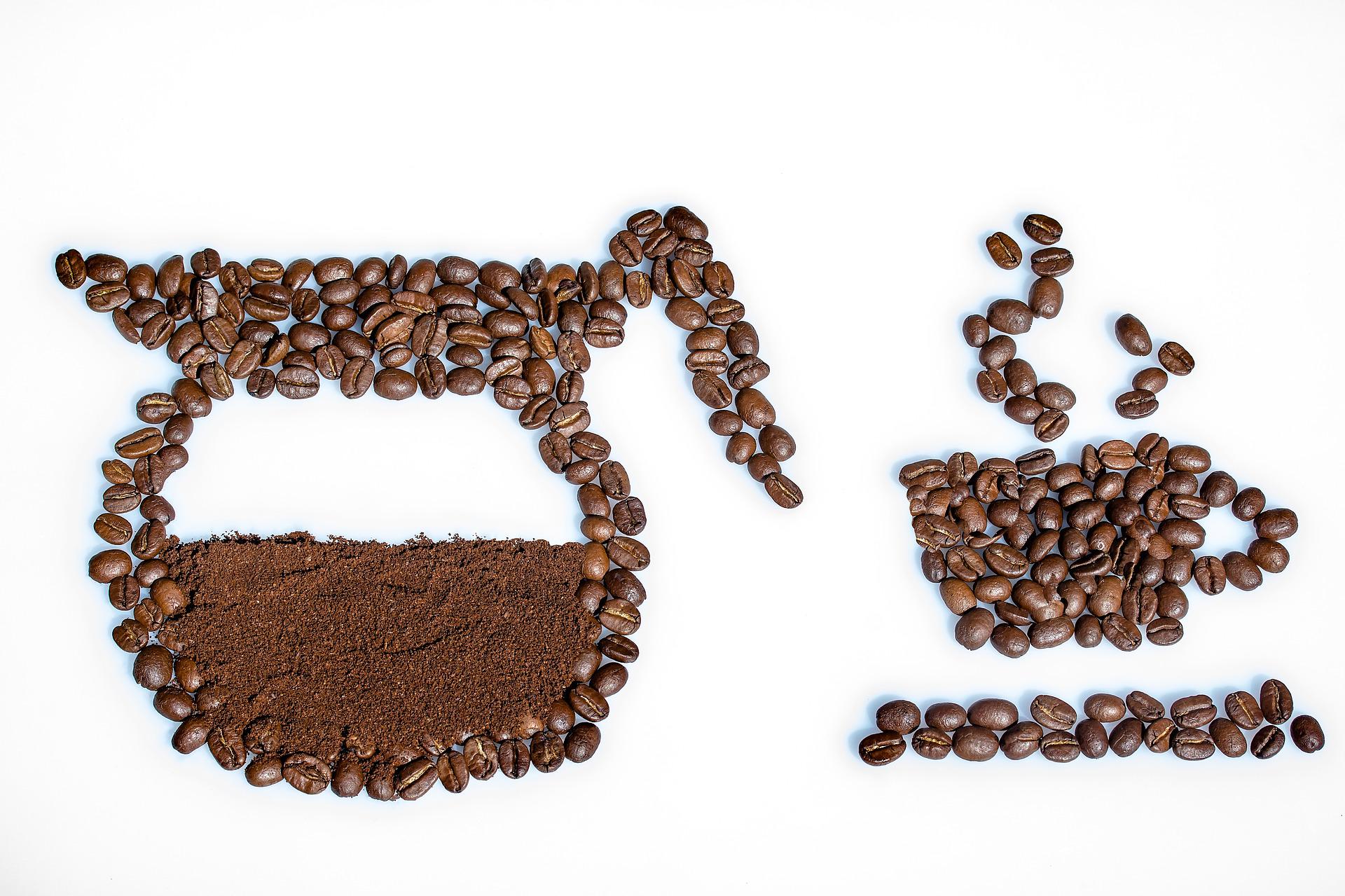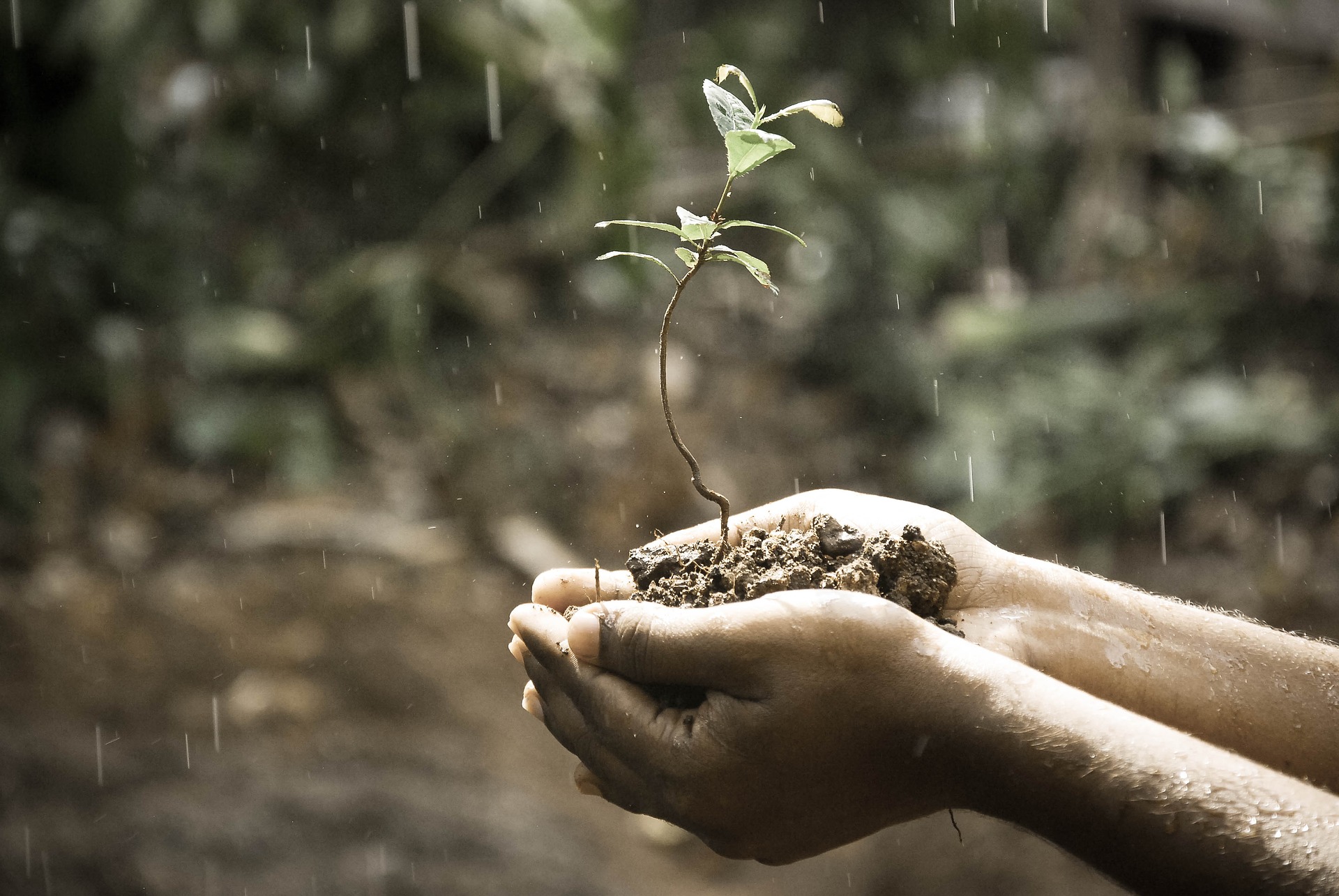有关端午节的英语单词?端午节英语是啥

本文目录
有关端午节的英语单词
1、Dragon Boat Festival:端午节
2、Dragon boat race:赛龙舟
3、Sticky rice:糯米
4、 Wrapped in a piece of leaf / Wrapped in leaves:包在叶子里
5、Rice dumpling:粽子
6、To commemorate Qu Yuan:为了纪念屈原
7、Hang artemisia leaves:挂艾草叶
8、Drink realgar wine:喝雄黄酒
扩展资料
端午节,又叫做端阳节,重五节,五月节,天中节等等,是中国古老的传统节日,至今已有2000多年历史。
关于端午节的起源,说法众多,一说是纪念战国时期楚国诗人屈原的,一说是纪念吴国大将伍子胥的,一说是纪念东汉时期的孝女曹娥的,一说是由古代南方民族祭祀和驱除瘟疫的节日演变而来。
端午节的各种传统活动也跟这些传说密不可分,比如赛龙舟是为了借龙舟驱散江中鱼龙虾蟹,以免它们吃掉屈原的尸体;粽子最初也不是用来吃的,而是投入江中,以祭祀屈原;在家门口悬挂钟馗像和菖蒲艾叶是为了驱鬼辟邪;而佩戴香囊和喝雄黄酒则有着驱逐蚊虫、防止疫病的实际作用。
端午节英语是啥
“端午节英语”是:the Dragon Boat Festival农历五月初五是端午节。端午节是我国流传2000多年的传统习俗,意义就是纪念历史上伟大的民族诗人屈原。每到这一天,家家户户悬钟馗像,挂艾叶菖蒲,赛龙舟,吃粽子,饮雄黄酒,游百病,佩香囊,备牲醴。The Duanwu Festival falls on the fifth day of the fifth month of the Chinese lunar calendar. For thousands of years, Duanwu has been marked by eating Zongzi and racing dragon boats.例句:1、(今年的端午节是阳历6月14日。)The Dragon Boat Festival falls on the 14th of June this year. 2、我真怀念儿时的端午节啊!I really miss the Dragon Boat Festival childhood ah! 3、哦,他们在为明天的端午节做准备,以纪念屈原。屈原是中国古代一位伟大的诗人。在那一天,我们也会把粽子扔进湖里或河里。Oh, they’re preparing for tomorrow’s Dragon Boat Festival in memory of Qu Yuan. Qu Yuan was a great poet in ancient China.On that day, we also throw zongzi into the lake or river. 4、端午节,我好想请你去体验一下KTV!The Dragon Boat Festival, I want to ask you to experience the KTV! 5、这些天来,新闻记者经常使用缩写词DIY,在刚过去的端午节期间DIY出现在报纸上的频率达到顶峰。These days the acronym, DIY, often was used by journalist, At just past "dragon boat festival" DIY appeared on newspaper reached the top frequency. 6、脸萌于本月早些时候的端午节前后窜红。据QQ的一份报告称,几天之内,脸萌的下载量就已经超百万。The app got hot earlier this month around China’s Dragon Boat Festival, when over a couple days it was downloaded more than a million times, according to a QQ report. 7、今天是端午节(Dragon Boat)赛龙舟日,当地人奋力划桨,龙舟在浪花中上下翻飞,活动一板一眼,看得赏心悦目,与其说象海峡对岸香港举办的龙舟赛那样活力四射,倒不如说更象一场普通的校运会。It was Dragon Boat racing day, and the locals were paddling their craft up and down. It was delightfully restrained, more like a school sports day than the razzmatazz of the same event going on at the same time just across the Taiwan Strait in Hong Kong.8、身为朋友的我,祝你端午节快乐。As friends, I wish you happy Dragon Boat Festival. 9、今天是中国传统的端午节!Today is dragon boat festival, a fete-day of china. 10、端午节文化及其旅游价值探析On the Culture of Dragon Boat Festival and Its Tourism Value 11、粽子是端午节的一个必备食品。Zongzi is an essential food of the Dragon Boat Festival. 12、苗族龙船节,与汉族的端午节不同。The Miao Dragon Boat Festival differs from the Han celebration. 13、最后一天是今天,我祝大家端午节快乐!好好开心。I wish everybody happy Dragon Boat Festival and good happy! 14、那时的端午节使我难以忘怀。Dragon Boat Festival at that time to make me unforgettable. 15、端午节有很多暗示其起源的名字。The holiday has a number of names which indicate its origins. 16、端午节是中华民族古老的传统节日之一。Dragon Boat Festival is a Chinese ancient traditional festivals. 17、通常在阳历的六月份。端午节吃什么?It is usually in June in the Gregorian calendar. 18、谈端午节中之奥妙数字五。Talk about Mysterious Figure "Five" of May Festival.
端午节的英语是什么
端午节用英文表达为Dragon Boat Festival,读音为。
重点词汇解释:
1、boat
n. 小船;轮船
vi. 划船
2、Festival
n. 节日;庆祝,纪念活动;欢乐
adj. 节日的,喜庆的;快乐的
3、Dragon
n. 龙;(大型)蜥蜴;凶恶的人;严厉而有警觉性的女人
扩展资料:
1、boat的用法:
boat的基本意思是船,多指几个人坐的用桨划的小船,在非正式英语中也可指短距离航行的大客轮。
boat是可数名词,用作单数时其前要加a或the。
boat与介词by连用表示乘船时,不能加冠词the。
boat既可用作及物动词(通常用动名词形式),也可用作不及物动词。用作及物动词时,接名词或代词作宾语。
2、Festival的用法:
festival的意思是节日,多指民俗或宗教节日,用作专有名词时,其前须加定冠词;有时还可指音乐、戏剧、电影等会演性的节日。
一般来说,由定语加名词festival组成的节日,在表示的时候都需加冠定词,如the Spring Festival(春节)。
端午节英语怎么说
端午节的英语翻译为The Dragon Boat Festival。端午节的节期为五月初五,因此其英语翻译还有the 5th day of the 5th lunar month。例如,We talked about the Dragon Boat Festival holiday and Children’s Day.
端午节英语怎么说
端午节又叫做龙舟节、重午节、端阳节、端五节、重五节、当五汛、天中节、夏节、艾节、五月节、菖蒲节、天医节、草药节、浴兰节、女儿节、午日节、地腊节、正阳节、龙日节、粽子节、五黄节、诗人节、屈原日、躲午节、解粽节、端礼节、五月初五、五月当午等。外国人对于中国端午节印象最深刻的就是赛龙舟。因此,其英语翻译为“The Dragon Boat Festival”——龙舟节。
端午习俗主要有扒龙舟、祭龙、采草药、挂艾草与菖蒲、拜神祭祖、洗草药水、打午时水、浸龙舟水、食粽、放纸鸢、睇龙船、拴五色丝线、薰苍术、佩香囊等等。扒龙舟活动在中国南方沿海一带十分盛行,传出国外后深受各国人民喜爱,并形成了国际比赛。
关于端午的英语手抄报内容
关于端午的英语手抄报的内容可以包括以下几个方面:节日介绍(Festival Introduction):简单介绍端午节的起源和意义,可以提到端午节是中国传统节日之一,通常在农历五月初五庆祝,以纪念古代爱国诗人屈原。粽子(Zongzi):介绍粽子是端午节的传统食物之一,通常以糯米为主料,内馅多样,可以是豆沙、咸肉、蛋黄等。可以附上粽子的图片。龙舟赛(Dragon Boat Race):介绍龙舟赛是端午节的传统活动之一,人们划着装饰精美的龙舟,在水上进行竞赛。可以加上一些龙舟赛的图片。艾草和雄黄酒(Mugwort and Realgar Wine):介绍艾草和雄黄酒是端午节的特色物品,艾草被认为有驱邪的作用,而雄黄酒则用于消毒和祛除不吉之气。诗歌(Poems):可以选择一首端午节相关的诗歌,如《离骚》等,简短介绍一下诗歌的作者和背景。绘画(Paintings):可以在手抄报上添加一些与端午节有关的绘画作品,如龙舟、粽子等。其他习俗(Other Customs):可以简单介绍一些端午节的其他习俗,如挂艾草、佩戴五彩丝线、观赛龙舟等。以上是关于端午的英语手抄报的内容建议,希望对你有帮助!
端午节手抄报英文内容
端午节手抄报的英文内容如下:
1、Introduction 简介
The Dragon Boat Festival, also known as Duanwu Festival, is a traditional Chinese festival celebrated on the fifth day of the fifth lunar month.
It has a history of over 2,000 years and is known for its exciting dragon boat races and delicious sticky rice dumplings.
端午节,也被称为端午节,在农历五月初五这一天庆祝。它有着2000多年的历史,以刺激的龙舟赛和美味的粽子而闻名。
2、Legend 传说
The Dragon Boat Festival commemorates the patriotic poet Qu Yuan. Legend has it that Qu Yuan, a loyal official, drowned himself in the river as a protest against corrupt government officials.
People threw sticky rice dumplings into the river to prevent fish from eating his body and rowed dragon boats to search for him.
端午节是为了纪念爱国诗人屈原。传说屈原,一位忠诚的官员,为了抗议腐败的政府官员,投江自尽。人们投入粽子以防止鱼儿吃掉他的身体,并划龙舟寻找他。
端午节的意义:
端午节的意义在于传承和弘扬中华文化,纪念屈原,并促进团结和对抗邪恶的精神。
1、纪念屈原:
端午节起源于纪念古代中国的爱国诗人屈原。屈原是一位忠诚的政治家和诗人,为了抗议腐败的政府官员,投江自尽。人们为了纪念他,将端午节作为屈原的纪念日,以表达对他的敬意和怀念。
2、驱邪避凶:
在端午节期间,人们会制作和品尝粽子。传统上,粽子被认为具有驱邪避凶的作用。人们相信在粽子中包裹的草药和香料能够驱走邪恶的灵魂,保护家庭免受不幸和灾害。
3、龙舟赛:
龙舟赛是端午节的重要活动之一。人们划龙舟进行竞赛,以纪念寻找屈原的行动。这项活动象征着团结合作、勇气和努力。同时,龙被认为是中国文化中的吉祥物,参与龙舟赛也被视为带来好运和祝福的方式。
端午节手抄报内容英文
端午节手抄报内容英文如下:
端午节(Dragon Boat Festival)是中国的传统节日之一,为每年农历五月初五。它与春节、清明节和中秋节并称为中国汉族的四大传统节日。端午节的来源有多种说法,但最被人们接受的是为了纪念著名爱国诗人屈原。
Dragon Boat Festival is one of Chinese traditionalfestivals. It’s on the fifth day of the fifth lunarmonth. It is known as one of the four majortraditional festivals of Han Chinese together withthe Spring Festival, the Qingming Festival and the Mid-Autumn Festival. A number of theoriesexist about its origins, but the best accepted one is that it’s for memorizing the famouspatriotic poet Qu Yuan.
屈原是一位忠诚和受人敬仰的大臣(minister),他给国家带来了和平和繁荣。但最后因为受到诽谤(vilify)而最终投河自尽。人们撑船到他自尽的地方,抛下粽子,希望鱼儿吃粽子,不要吃屈原的身躯。几千年来,端午节的特色在于吃粽子(glutinous dumplings)和赛龙舟,尤其是在一些河湖密布的南方省份。
端午节英语作文
在平平淡淡的日常中,许多人都有过写作文的经历,对作文都不陌生吧,写作文是培养人们的观察力、联想力、想象力、思考力和记忆力的重要手段。你写作文时总是无从下笔?下面是我整理的有关端午节的英语作文范文(精选3篇),希望能够帮助到大家。
端午节英语作文1
Duanwu Festival is a traditional Chinese festival held on the fifth day of the fifth month of the Chinese calendar. It is also known as the Double Fifth. It has since been celebrated, in various ways, in other parts of East Asia as well. In the West, its commonly known as Dragon Boat Festival.
The exact origins of Duan Wu are unclear, but one traditional view holds that the festival memorializes the Chinese poet Qu Yuan (c. 340 BC-278 BC) of the Warring States Period. He committed suicide by drowning himself in a river because he was disgusted by the corruption of the Chu government. The local people, knowing him to be a good man, decided to throw food into the river to feed the fish so they would not eat Qus body. They also sat on long, narrow paddle boats called dragon boats, and tried to scare the fish away by the thundering sound of drums aboard the boat and the fierce looking carved dragon head on the boats prow.
In the early years of the Chinese Republic, Duan Wu was also celebrated as "Poets Day," due to Qu Yuans status as Chinas first poet of personal renown.
Today, people eat bamboo-wrapped steamed glutinous rice dumplings called zongzi (the food originally intended to feed the fish) and race dragon boats in memory of Qus dramatic death.
端午节是中国的传统节日举行的第五个月的第五天农历。它也被称为双第五。已经被庆祝,以各种方式,在东亚的其它地区。在西方,俗称端午节。
段的确切起源吴尚不清楚,但传统的观点认为,这个节日是纪念中国诗人屈原的战国时期。他在河流溺水自杀,因为他是由楚的腐败政府厌恶。当地的人,知道他是一个好人,决定把食物扔进河里喂鱼,所以他们不会吃屈原的尸体。他们还坐在长,狭窄的桨船称为龙舟,试图吓跑鱼船上的`轰鸣声鼓上,激烈的雕刻龙小船的船头。
在中国早期的共和国,吴段也被誉为“诗人”,由于屈原的地位作为中国第一个诗人的个人声誉。
今天,人们吃蒸糯米粽子叫做粽子(食品最初打算喂鱼)和种族龙舟纪念屈原的戏剧性的死亡。
端午节英语作文2
Dragon boat festival, often known as tuen ng festival or duan wu festival, is a traditional chinese festival held on the fifth day of the fifth month of the chinese calendar. it is also known as the double fifth. it has since been celebrated, in various ways, in other parts of east asia as well, most notably korea.
The exact origins of duan wu are unclear, but one traditional view holds that the festival memorializes the chinese poet qu yuan of the warring states period. he committed suicide by drowning himself in a river because he was disgusted by the corruption of the chu government. the local people, knowing him to be a good man, decided to throw food into the river to feed the fishes to prevent them from eating qus body. they also sat on dragon boats, and tried to scare the fishes away by the thundering sound of drums aboard the boat and the fierce looking dragon-head in the front of the boat.
In the early years of the chinese republic, duan wu was also celebrated as "poets day", due to qu yuans status as chinas first poet of personal renown.
Today, people eat zongzi (the food originally intended to feed the fishes) and race dragon boats in memory of qus dramatic death.
端午节英语作文3
The Dragon Boat Festival ,also called the Duanwu Festival ,is celebrated on the fifth day of the fifth month according to the Chinese calendar.People always eat rice dumplings and watch dragon boat races to celebrate it.
The festival is best known for its dragon-boat races,especially in the southern places where there are many rivers and lakes. Its very popular.
The rice dumpling is made of glutinous rice,meat and so on. You can eat different kinds of rice dumplings.They are very delicious.And Dragon Boat Festival is for Qu Yuan. He is an honest minister who is said to have committed suicide by drowning himself in a river.
Overall, the Dragon Boat Festival is very interesting!
The Dragon Boat Festival is a lunar holiday, occurring on the fifth day of the fifth lunar month.
The Chinese Dragon Boat Festival is a significant holiday celebrated in China, and the one with the longest history. The Dragon Boat Festival is celebrated by boat races in the shape of dragons. Competing teams row their boats forward to a drumbeat racing to reach the finish end first.
The boat races during the Dragon Boat Festival are traditional customs to attempts to rescue the patriotic poet Chu Yuan. Chu Yuan drowned on the fifth day of the fifth lunar month in 277 B.C. Chinese citizens now throw bamboo leaves filled with cooked rice into the water. Therefore the fish could eat the rice rather than the hero poet. This later on turned into the custom of eating tzungtzu and rice dumplings.
The celebrations is a time for protection from evil and disease for the rest of the year. It is done so by different practices such as hanging healthy herbs on the front door, drinking nutritious concoctions, and displaying portraits of evils nemesis, Chung Kuei. If one manages to stand an egg on its end at exactly 12:00 noon, the following year will be a lucky one.
端午节英语祝福语
端午节英语祝福语有:
1、祝端午节快乐!(Wishing you a happy Dragon Boat Festival!)
2、愿你度过一个幸福健康的端午节!(May you have a happy and healthy Dragon Boat Festival!)
3、在这特殊的日子里,给你我真挚的祝福,端午节快乐!(Sending you my sincere wishes on this special day, Happy Dragon Boat Festival!)
4、祝你在端午节获得最好的运气和好运!(Wishing you the best luck and good fortune on Dragon Boat Festival!)
5、愿龙的精神引导并保佑着你,端午节快乐!(May the spirit of the dragon guide and protect you, Happy Dragon Boat Festival!)
6、祝愿你度过一个平安繁荣的端午节!(Wishing you a peaceful and prosperous Dragon Boat Festival!)
7、愿端午节的精髓给你的生活带来和谐和成功!(May the essence of the Dragon Boat Festival bring harmony and success to your life!)
8、祝你度过一个充满笑声、美味粽子和欢乐庆祝的日子,端午节快乐!(Wishing you a day filled with laughter, delicious zongzi, and joyful celebrations. Happy Dragon Boat Festival!)
9、愿端午节给你和你的家人带来爱和团圆的祝福!(May the Dragon Boat Festival bring you and your family blessings of love and togetherness!)
10、给你送上温暖的祝愿,愿你度过一个美好的端午节,充满快乐和美好回忆!(Sending you warm wishes for a wonderful Dragon Boat Festival, full of joy and good memories!)
端午节的由来
端午节,也称为龙舟节,是中国的传统节日之一。它通常在农历五月初五这一天庆祝,也是中国的国家公共假日之一。端午节起源于中国古代民间传说和风俗,以纪念古代爱国诗人屈原,并纪念抵抗灾祸和瘟疫的传统文化。
在端午节,人们会做粽子(一种用粘米和其他食材包裹而成的三角形的食物)来纪念屈原。此外,人们还会观看龙舟比赛,这是一项古老的传统活动,象征着驱逐邪恶和带来好运。
除了吃粽子和观赏龙舟比赛,端午节还有其他活动和习俗,如悬挂艾草和菖蒲,佩戴五彩丝线和艾草等,以驱邪辟邪和祈福平安。

更多文章:

形容文明和谐的人际关系(陈子昂的名言)?前不见古人,后不见来者.《登幽州台歌》诗词原文赏析|名句解读
2024年2月27日 13:40

谁能帮我把ppYAN和zzLONG设计成有个性的非主流网名?pp网名女生唯美清纯
2024年3月5日 02:00


















